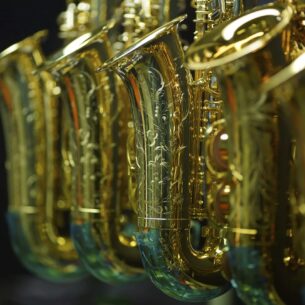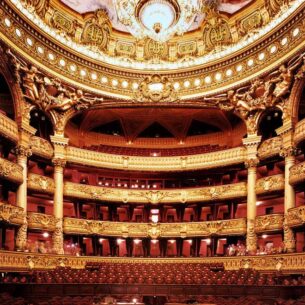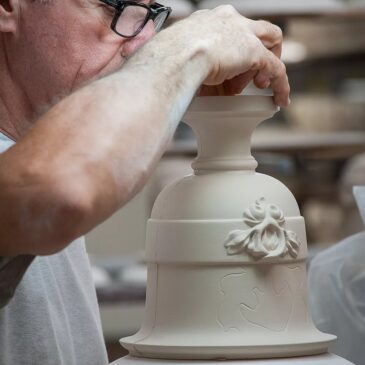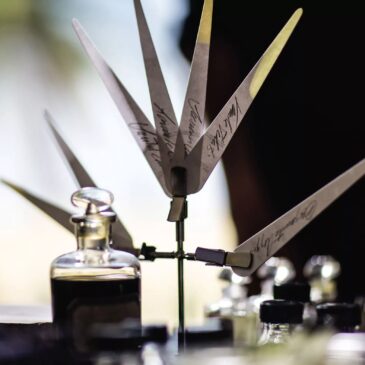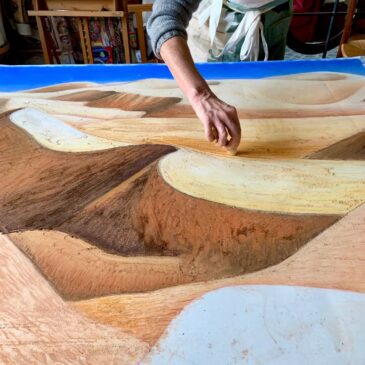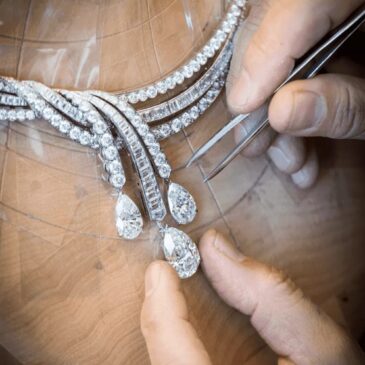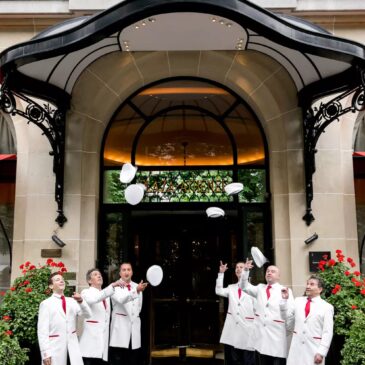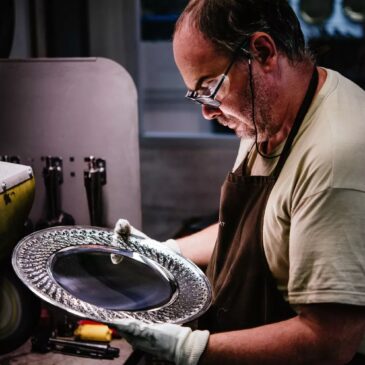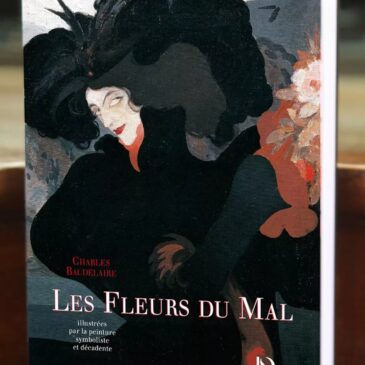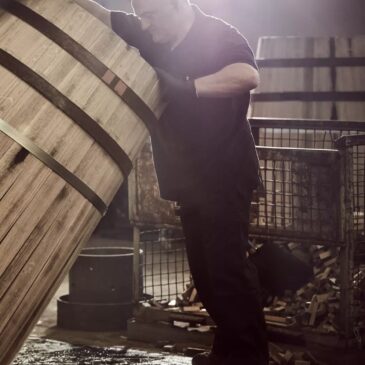Music
While Jean-Baptiste Lully, inventor of the opera, dominated music in Europe under Louis XIV, it wasn’t until romantics such as Berlioz, Gounod, and Saint-Saëns appeared that France resumed its musical influence.
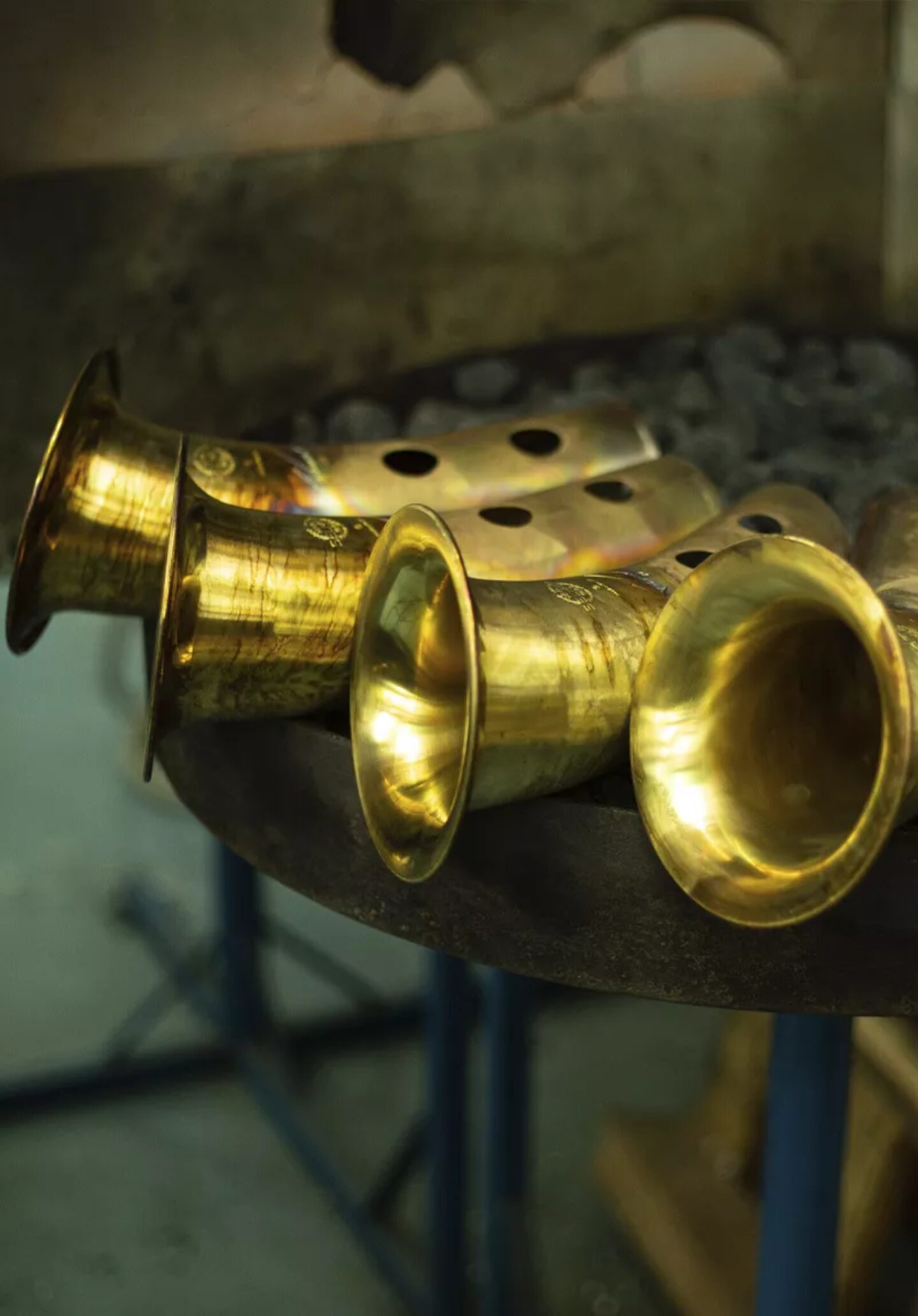
The primacy of religion
Born in the Middle Ages, French music flourished with religious songs under the aegis of composers working at Notre-Dame. At the same time, troubadours and trouvères, poets and musicians, put on shows in the courts with their secular songs. In the various regions of France, traditional folkloric music, passed on orally by travelling musicians, developed in a way similar to that of patois, far from the cities and well-to-do classes.
The opera
Then the Renaissance saw the development of polyphony and singing. The turn of the 16th century, marking the arrival of printed musical works, was the start of baroque music. New musical genres appeared, such as air de cour, ballet de cour, and the suite. Instrumental music developed and Jean-Baptiste Lully, who dominated musical life in the Sun King’s court, invented the opera in the 1670s. His orchestra became the first in Europe and his works would have a huge impact on the history of Western music.
Poets and composers
The 19th century was characterised by romantic music with symphonies being predominant. The climax was marked by the works of Hector Berlioz, Faust by Gounod, and Carmen by Georges Bizet which revolutionised the opera. Camille Saint-Saëns made a name for himself as the first French composer of symphonic poems and Offenbach as the father of the operetta.
New harmony
In the early 20th century, Ravel, Debussy, and Satie innovated music on a harmonic and instrumental level using the new twelve-tone technique. This marked the beginning of modern music, whose greatest representatives in France were Maurice Ravel, Claude Debussy, then Pierre Boulez and Olivier Messiaen.
Today, with influences from all around the world, French music is incredibly rich with genres such as commercial, pop, techno, hip-hop, rap, rock, and even French touch, a style of house music. As is in the case in cinema, there is, however, a French exception perfectly illustrated by songs which showcase words.


